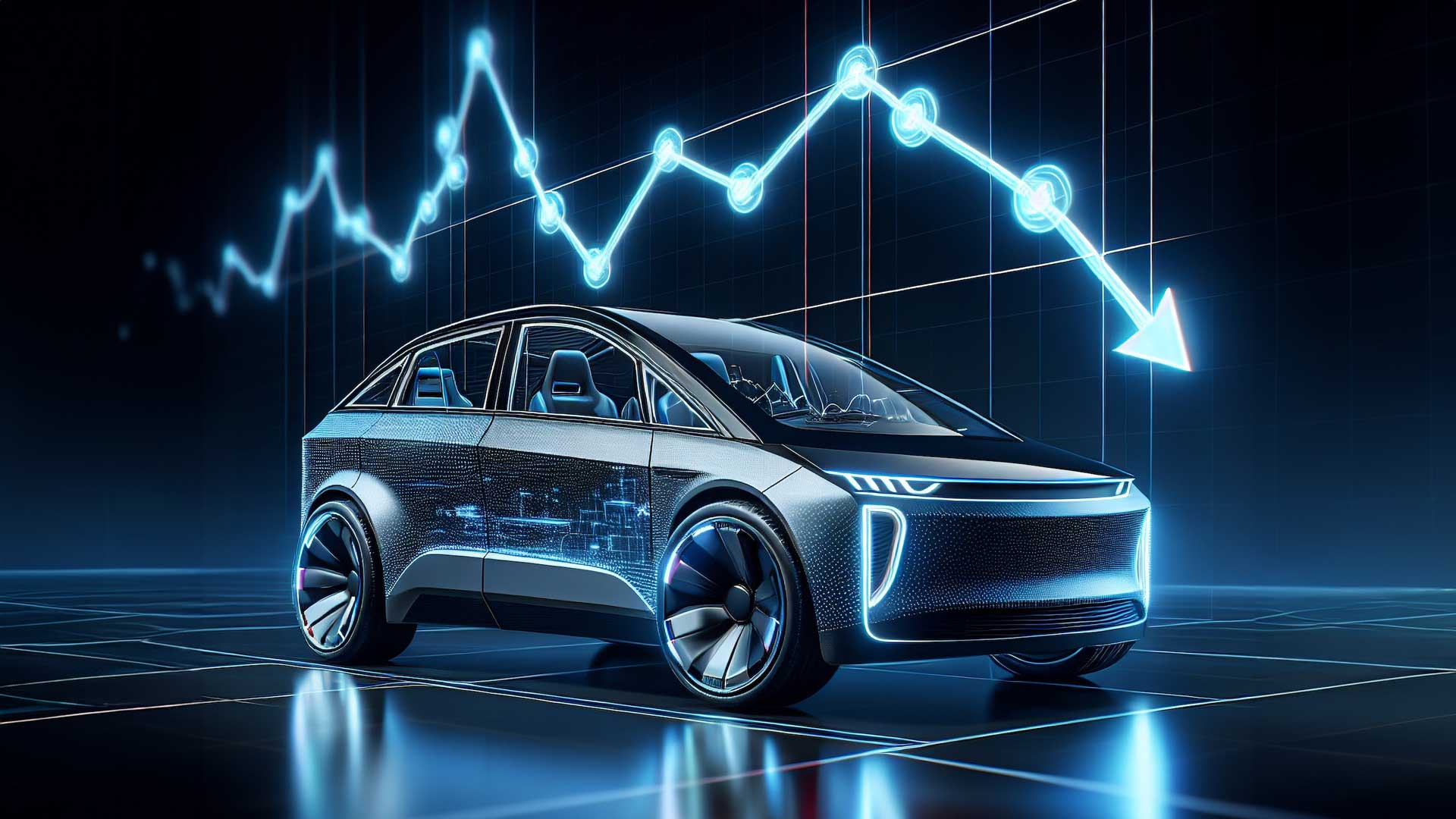Electric cars and the looming shadow of depreciation
Business news

Electric vehicles (EVs) are positioned as the future of transportation, promising cleaner air and reduced dependence on fossil fuels.
However, their surprisingly poor resale value is threatening to throw a rather large spanner into widespread EV adoption.
Recent data from the Automotive Insights Report, compiled by automotive data analytics company AutoGrab and the Australian Automotive Dealers Association suggests EVs depreciate significantly faster than traditional gasoline-powered vehicles.
In February 2023, less than two-year-old EVs held strong resale value, selling at 98.1% of their recommended retail price.
However, by December, this value had dropped to 82.8%, representing a depreciation of 15.6%.
More concerning, the value of two-to-four-year-old EVs had plummeted 23.4% by December, leaving them with a resale value of just 57.6% of their original sticker price.
Across the whole used car market, on average, resale values dropped by just 11.6% over the past year highlighting the growing resale gap between EVs and the broader car market.
It’s not just how much EVs dropped in value during this period; the days taken to sell an EV less than two years old, also jumped from 51 to 75 days.
Meanwhile older EVs fared even worse, taking longer than any other fuel types and age groups to sell, growing from 54 to 76.9 days.
The situation is complex and no single factor can be highlighted as the prime reason for the decline in resale value of EVs.
However there is no doubt that the industry is facing stiff headwinds from a number of directions.
Obsolescence
They say perception is reality and in an industry where the closest example in which we can compare longevity is a mobile phone’s battery life, you can see where buyer anxiety starts to take hold.
EV battery technology is evolving rapidly. Newer models boast greater range and faster charging times, making older EVs seem outdated quicker.
No one wants to buy a secondhand EV model that will likely be technologically obsolete within two years, nor a battery that won’t hold full charge.
More competition
The EV market is no longer dominated by Tesla (NASDAQ:TSLA) and there are plenty of more affordable options flooding the market.
Chinese manufacturer BYD has caught its rival off guard by producing a fleet of EVs at prices well below that of its US rival.
The decision to purchase a second hand Tesla versus a new BYD might seem incomparable, but either way, more pricing competition has put downward price pressure on new EVs and ultimately, the resale value of secondhand EVs.
Range anxiety and other concerns
EVs have been in the market for long enough now for the early adopters to reveal some home truths. The “I love it, but…” conversation.
The “but” part of this conversation typically centres on range anxiety; the time it takes to charge; and the reliability of, and access to, charging infrastructure.
As these messages reverberate back through the buyer community, there’s no doubt that the second wave of EV buyers - those who might have been in the market for a second hand EV - might be a bit more hesitant about dipping their toe in than their early adopter friends.
The final word
High upfront costs and the fear of depreciation could see potential buyers shun EVs in favour of hybrids, which rival car manufacturer Toyota appears to be betting big on.
If the electric vehicle is to truly become the revolution many hope for, addressing the issue of poor resale value is crucial for ensuring the long-term success and broad consumer acceptance of EVs.
Latest EV news
- EV Builder Fisker has stopped production amid speculation that the company could be facing bankruptcy.
- Hertz CEO Stephen Scherr steps down after failed EV foray.